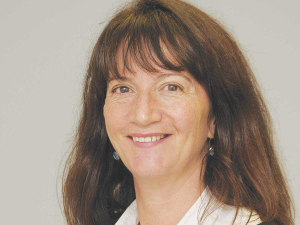"Completely and utterly outrageous."
That's how NZ Rural General Practice Network chair Dr Fiona Bolden describes the Government's outright rejection of calls to make 'rural' a priority in the new Pae Ora Health Futures (POHF) Bill now before Parliament.
The bill is the first major reform of the health service in more than 20 years and paves the way for a completely new structure that is supposed to deliver better health outcomes for NZ. But according to Bolden, who works as a rural GP, it won't do this for the nearly 750,000 people who live in rural NZ.
The genesis of the changes come from a review of the health service by Heather Simpson. In her review, according to Bolden, rural was seen as a priority and was mentioned some 80 times in Simpson's report.
But when the legislation appeared, no mention was made of 'rural'. The Rural GP Network made submissions to the select committee that heard submissions on the bill.
Bolden says at the heart of the issue is that rural GPs and other demanded that 'rural' should be given special legal status in the bill - along with Maori, Pacifica, women and the disabled. This status would require the new health authorities to draw up a strategic plan to focus on 'rural'.
But the Labour and Green MPs on the select committee rejected the inclusion of 'rural' saying:
"Specifying other strategies in the legislation including for the rainbow and rural communities... could result in certain populations having too much or too little focus on them and... could result in a lack of flexibility in the system and an over emphasis on producing strategic plans rather than on innovative service design and provision."
Bolden says this is not correct.
"They are saying they don't need a rural health service and it is utterly outrageous and leave rural health out in the wilderness," she told Rural News.
"You have got 750,000 people enrolled in rural practices, 194 rural general practices and 26 rural hospitals. At least a third of our workplaces are short of staff and we know that health outcomes for rural people are worse than they are for urban people. The health inequities in rural is massive."
Bolden says it is deeply disturbing that the Government has effectively ignored its own advice, which came from the Heather Simpson.
"It is very frustrating and for those of us who work in rural health and it's pretty obvious that unless there is legislative requirements to highlight rural, nothing will happen," she says.



















